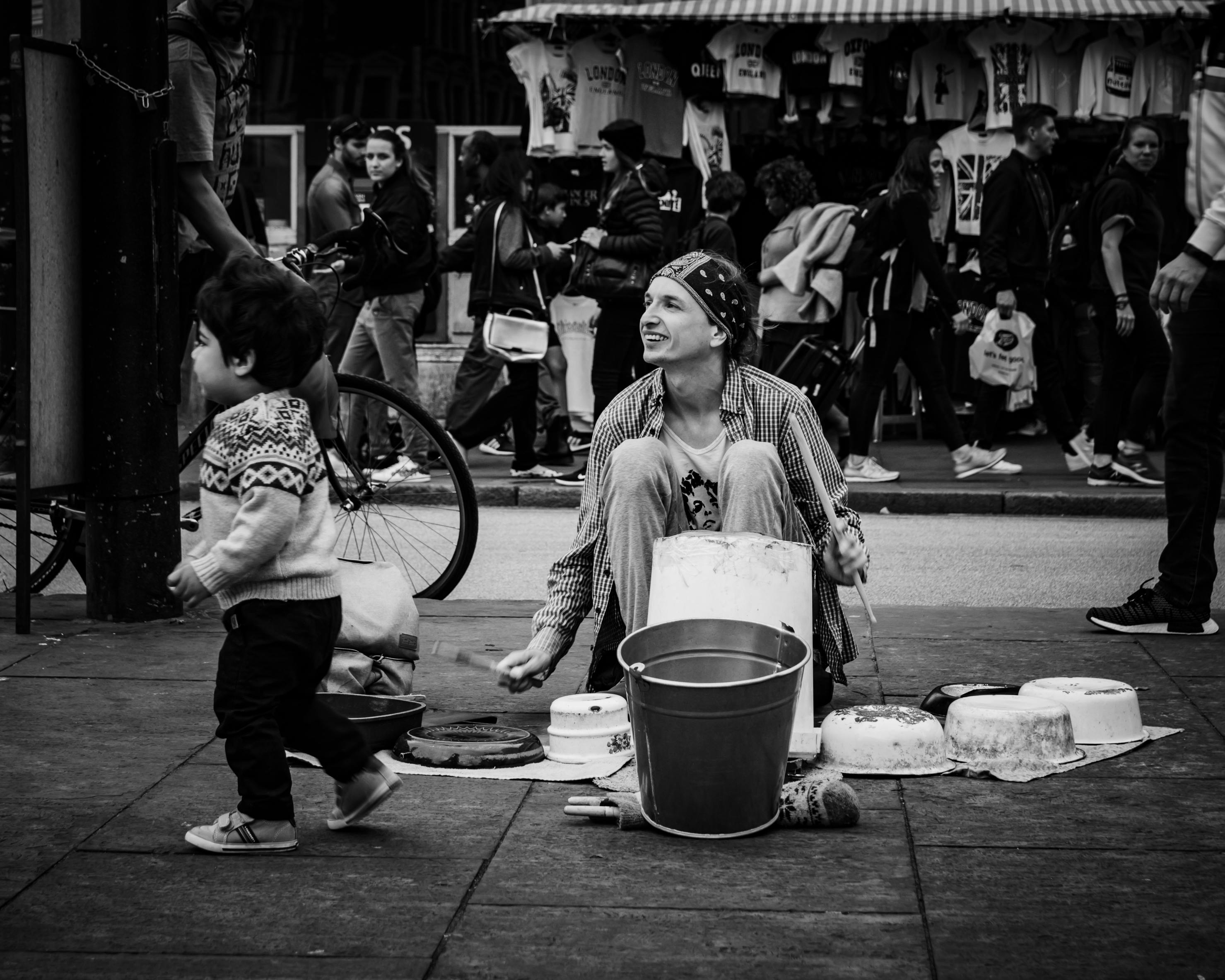Healthy boundaries are essential to personal happiness and successful relationships – 2
The first part of this article explored the importance of healthy boundaries for personal happiness and relationship success. In that part, I took a look at common misconceptions about boundaries, such as the belief that “unless I focus on others and always put their needs and wants first, I’m just being selfish”; or living with the guilt-inducing perception that other people’s happiness depends on me; or be driven by the belief that I have to work tirelessly to ‘earn’ my worth and worth. In this article, I continue to debunk more myths about limits and explore more truths about limits.
BAD CONCEPTIONS OF LIMITS – Part 2
THE POWER IS LOCATED WITHIN:
Whether we are aware of this or not, each and every one of us is very powerful. If we have healthy boundaries, we know that this power, when used properly, is not something to fear, but rather a healthy, positive force that can propel us to achieve the things that are important in life. To avoid abusing our power, we must remember that we only have the right to exercise it within our own limits. This means that we have no right to use it to coerce others in a quest to change them. However, we have the right to use our power to:
* Become authentic: becoming authentic means embracing the “real you”.
* Be honest with ourselves and with others, about who we really are (warts and all).
* Allow ourselves to be imperfect: accept that, like all human beings, we have flaws and we will not always be right at everything.
* Accept ourselves despite our faults: This means that we do not mercilessly punish ourselves and instead see our mistakes as valuable learning experiences.
* Do not judge: accept that other people are as fallible as we are and that they too have flaws and make mistakes.
* Trust ourselves: know that we have the ability to implement helpful and self-empowering changes.
* Trust others: know that they are equally capable of making empowering changes for themselves.
* Change our thoughts, our expectations, our attitude, our responses, our behavior, our limits and our choices if we discover that the current ones are not as healthy as they could be.
* Forgive people who have failed or injured us.
* Apologize to those whom we have failed or injured.
* Forgive ourselves.
* Let go and move on.
IT IS THE REASON WHAT COUNTS:
I guess we all know people who are busy from dawn to deep at night working, trying hard, helping … always doing things for other people. There is nothing wrong with this as long as this constant ‘doing’ is motivated by the desire to bless others rather than being driven by:
* ….. the misconception that would lead us to believe: “Unless I am always busy doing something for others, I am worthless”;
* ….. the impression that “To be good, acceptable or recognized as the selfless person that I really am, I always have to put the needs of others before my own”,
* ….. the expectation that “If I give, I will receive in return“.
* ….. the desire to escape the emptiness of our own life instead of assuming the responsibility of seeking personal fulfillment.
* ….. the need to escape problems in our own homes instead of doing whatever it takes to fix them.
* ….. the compulsion to fix other people’s problems to escape the need to look at our own.
If the reason for our frenzy is one or all of the above, we will find that we are not actually “doing” for others, but rather we are serving ourselves in a complicated way. We can test whether serving others is the real motive by checking our expectations. If we always expect something in return, if this is something tangible like being admired as in: “oh, you are such a wonderful, selfless and amazing person” intangible gold as in “If I do this for him, he will have to do that (whatever it is) for me. “ I am not ‘giving’ or ‘doing’ something for a healthy reason. If our ‘giving’ and ‘doing’ is motivated by fear as in: “If I don’t do what is expected of me, she won’t love me anymore” gold “I’ll be in so much trouble if I don’t ……” our motive is equally unhealthy. In such cases, it would be a lot more honest if we didn’t (whatever that es) at all.
Isn’t it selfish? you might ask.
Well, if our motive is not pure and we do not get the desired results consciously or unconsciously, we will end up resentful, bitter and twisted. Sometimes we vent our hurt feelings to another person, perhaps the person we were trying to help. Sometimes we take it out on someone who has nothing to do with the situation (like kicking the cat) and in many cases we just take it out on ourselves. If this happens it is important that we ask ourselves: ‘Who has benefited from our ‘giving’ and ‘doing’? and draw some important and enriching conclusions from the answer.
This is not to say that we should never ‘give’ or ‘do’ what we do not necessarily want to give or do. Life is full of situations that require sacrifice. However, when we are faced with such a situation, we must be sure that we are doing it for the sake of love. Not because we want to ‘earn brownie points’, not because we are afraid, not because we think that if we give, we will get something in return, but because we have made the decision to give independently. When we yield in this way, we retain our integrity and do not lose our inner freedom.
WE ALWAYS HAVE A CHOICE:
I know this statement is particularly difficult to understand. How, one might wonder, do I have a choice when I feel so trapped in a situation that it is not my fault? It is true that we have no other option in certain circumstances that life throws at us. It is equally true that sometimes we simply dislike some or all of the options that we think are available to us. At the same time, however, it is also true that we have a choice in how we respond to the circumstances that life presents us, no matter how difficult.
Whenever I talk about our freedom of choice, Victor Frankl comes to mind. A prominent Viennese psychiatrist who had the misfortune to be a member of the Jewish race during Hitler’s regime, he, along with millions of other Jews, was sent to a concentration camp where he lost his entire family. He, like the rest of the Jewish people of his time, was stripped of everything he had: his family, his profession, his possessions, his dignity, his freedom. Many others who surrounded him in the concentration camp were unable to cope with this terrible and inhuman treatment. Pain struck by their horrible fate, weakened by malnutrition, plagued by disease and ailment one day they simply lay down and died. For some reason, Victor Frankl decided that this would not be his destiny. He decided that neither sickness nor disease, neither torture nor the pain of his terrible losses would rob him of what he called “the last of man’s freedoms: HIS ATTITUDE.” Surprisingly, he survived and became an even more prominent psychiatrist who spent the rest of his life helping countless people overcome the difficulties that fate had presented to them. Victor Frank coined the phrase: “Everything can be taken from a man, but … the last of human freedoms: to choose one’s attitude in any set of circumstances, to choose one’s own path.” Whenever I find myself in a problematic situation or one in which I feel trapped by my circumstances, I remember the wisdom of Victor Frankl. I HAVE A CHOICE. I may not like the options that are available to me, but even then I have a choice: I can choose to change my attitude … and if all else fails, that is exactly what I will choose to do, not because I really want to, but because it’s the only thing that makes sense. In other words, our ability to bow to the storm rather than remain rigid and inflexible will determine whether or not we continue. llive, change and grow gold if we pause. The breakup can take the form of becoming angry and bitter; of living a victim life and being constantly overwhelmed by the pain of lost expectations and unfulfilled potential. Breaking up locks us in a prison of unhappiness. Taking responsibility and making the right decisions, even if the only option left is to change our attitude, brings happiness and LIBERTY.
PS Victor Frankl’s book is called “The Search for the Meaning of Man”.




